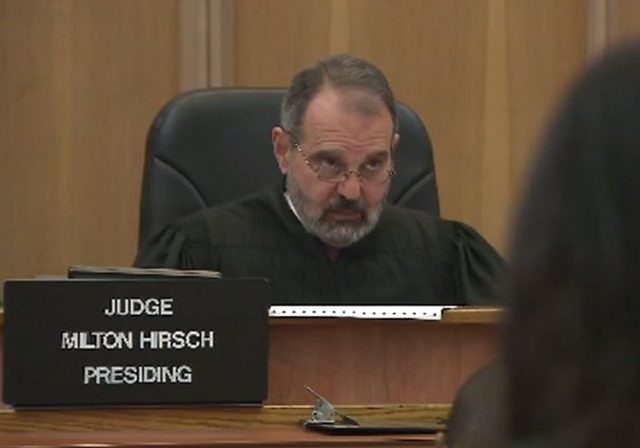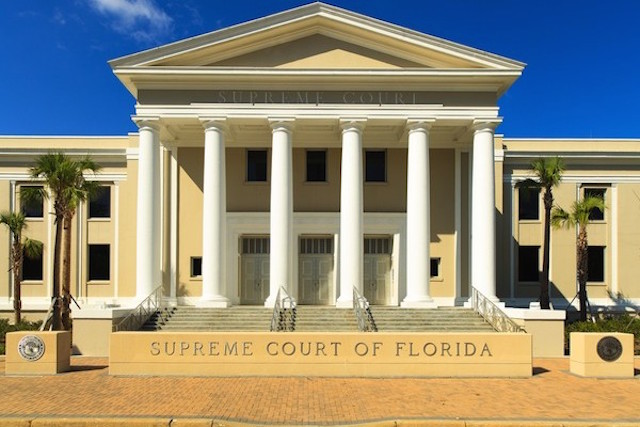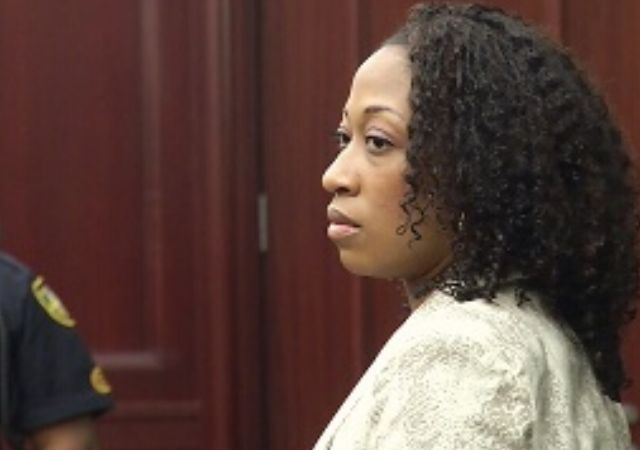Self Defense Immunity Tag
Florida Effort to Change Burden on Self-Defense Immunity Fails
Florida Sup Ct to Decide Key Self-Defense Immunity Case
(1) A person who uses force as permitted in s. 776.012, s. 776.013, or s. 776.031 is justified in using such force and is immune from criminal prosecution and civil action for the use of such force . . . . As used in this subsection, the term “criminal prosecution” includes arresting, detaining in custody, and charging or prosecuting the defendant.Statutes, of course, merely represent the stated intent of the Legislature, which does not bear the burden of actually applying them. That task falls to the courts. As if often the case, in the instance of §776.032 the Legislature declined (some would say "failed") to specify the precise procedures that were to be applied in determining whether a particular individual qualified for self-defense immunity. This naturally led to months of fun for Florida's trial, appellate, and Supreme Court judges. Among the first issues that had to be settled was simply the standard of evidence to be applied to self-defense immunity, in other words how much evidence in support of self-defense was required before immunity could attach to a defendant.
Marissa Alexander Wants “Do-Over” On Her Stand-Your-Ground Hearing
Facts in Evidence Unlikely to Support Immunity by Preponderance of the Evidence...
FL Appellate Court Grants Self Defense Immunity To Black Defender
Self-Defense Immunity Laws: Which States Protect You Best?
Now that the Zimmerman criminal trial has concluded, much attention has focused on the prospects for Zimmerman seeking protection under Florida's self-defense immunity statute from any possible civil action against him. Florida's statute 776.032, is among the broader self-defense immunity statutes, in that it possesses all...
Florida’s Self-Defense Immunity Law: How it really works
In 2005 the Florida legislator enacted statute 776.032. "Immunity from criminal prosecution and civil action for justifiable use of force." This immunity statute is often erroneously referred to as Florida's Stand-Your-Ground (SYG) law, even by lawyers, judges, and law professors who ought to know better...
Donations tax deductible
to the full extent allowed by law.
CONTRIBUTORS
- William A. Jacobson
Founder
- Kemberlee Kaye
Sr. Contrib Editor
- Mary Chastain
Contrib Editor
- Fuzzy Slippers
Weekend Editor
- Mike LaChance
Higher Ed
- Leslie Eastman
Author
- Vijeta Uniyal
Author
- Stacey Matthews
Author
- Jane Coleman
Author
- James Nault
Author
- Mandy Nagy
Editor Emerita
- Learn more about the Contributors










